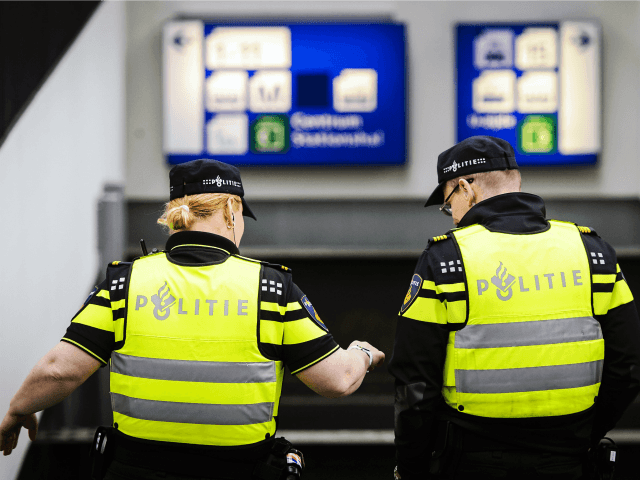In the immediate wake of Tuesday morning’s coordinated terror attacks on Brussels’ national airport and a key subway station near the European Commission, other European nations are scrambling to reinforce security measures while simultaneously reassuring their citizens.
Belgium immediately sent 225 extra troops to Brussels and ramped up controls at its borders, while similar measures are being carried out in other nations.
Rome’s two airports have been placed on maximum alert, and all flights to and from Brussels have been cancelled. Police stations and other security forces throughout Italy have been ordered to reinforce security measures at airports, railway stations, subways, and all areas considered at risk.
Italian intelligence sources said that the risk of similar attacks in Italy remains high and Prime Minister Matteo Renzi has called for a special meeting of the National Security Committee for 3:00 this afternoon.
Italian Interior Minister Angelino Alfano has summoned the national public safety committee to assess “further measures to combat and prevent the terrorist threat.”
Belgium and France are both considered as “high risk” due to their elevated numbers of radicalized Muslim citizens or residents and the fact that they house EU institutions. Intelligence sources said that the Islamic State and al-Qaeda terrorist groups prefer waves of simultaneous attacks in European capitals, requiring long-term planning and military and logistical capabilities.
In Paris, French President François Hollande called an emergency meeting with Prime Minister Manuel Valls, Interior Minister Bernard Cazeneuve and Defence Minister Jean-Yves Le Drian on Tuesday morning.
After the meeting, Interior Minister Bernard Cazeneuve announced the deployment of 1,600 additional police to border crossings and air, sea and rail infrastructure. That includes 400 extra police and gendarmes in the Ile-de-France region around Paris. Most of those will help provide extra security at airports, rail stations and on the subway.
“Access to public transport will be restricted to people with tickets and/or ID cards,” and they may be frisked, Cazeneuve said after the meeting.
The minister also called on Europe to “further boost coordination and the fight” against terrorism.
“These events that strike at the heart of Europe… show the need to reinforce even more the fight against terrorism,” he said.
Meanwhile, authorities ordered a full deployment of security officials at all eight terminals of Charles de Gaulle airport and its two railway stations, adding reinforced checks on trains arriving from Brussels.
In Germany, police are tightening controls at the country’s border with Belgium, as well as implementing a series of security measures at airports and train stations. German authorities have also stepped up security measures at the borders with France, the Netherlands and Luxembourg, according to reports.
Dutch authorities have boosted security measures at all airports in the Netherlands, and counter-terrorism officials said they were tightening controls on the southern border with Belgium as well.
“Out of precaution we are taking a number of additional measures in the Netherlands,” the Dutch coordinator for terrorism and security said on its website.
“There means there will be extra police patrols at Schiphol, Rotterdam and Eindhoven and border controls on the southern border,” it added.
Police in Denmark, Sweden and Finland have all stepped up security at airports and public places, with Danish police saying they had increased patrols at Copenhagen airport and other key points in the city.
“We are aware of what has happened in Brussels,” said Danish police on its official Twitter page. Therefore, “you will see more police in the airport and at key points in Copenhagen.”
Follow Thomas D. Williams on Twitter Follow @tdwilliamsrome

COMMENTS
Please let us know if you're having issues with commenting.